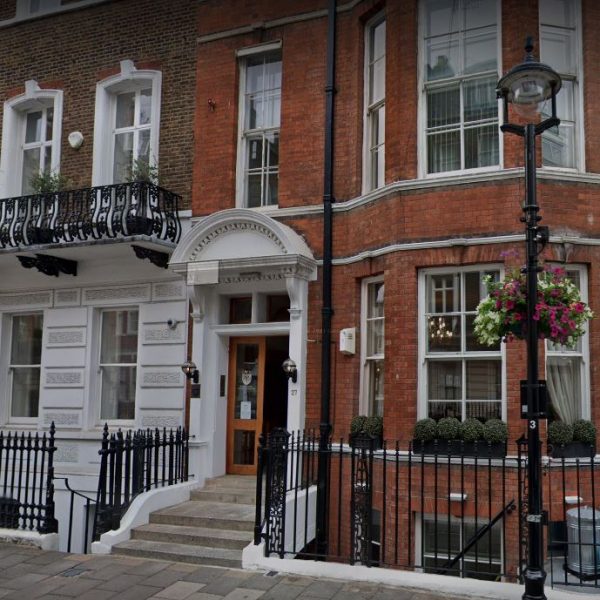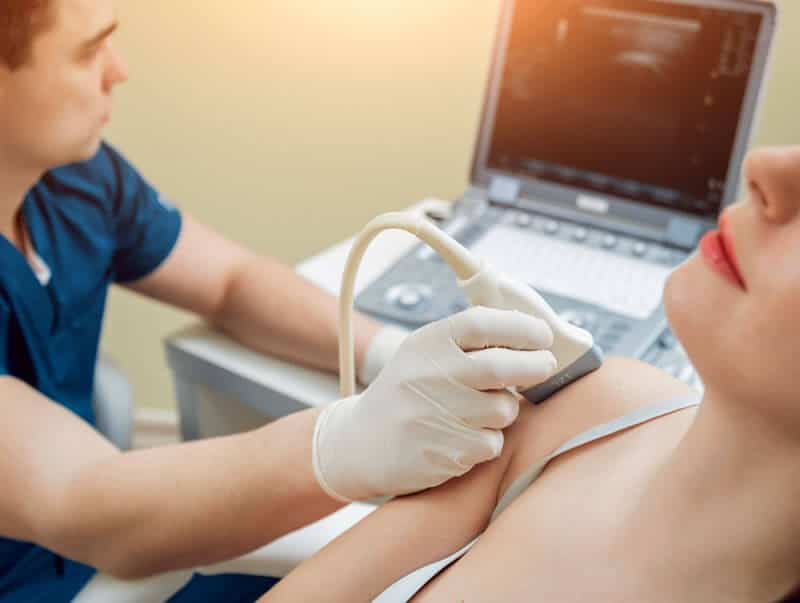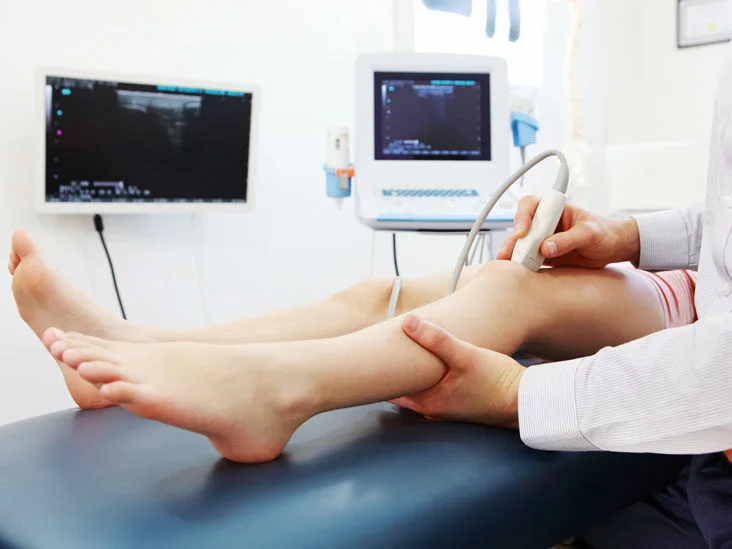Liver Private Ultrasound Scan
£175
Liver ultrasound, also known as hepatic ultrasound, is a vital imaging technique used to evaluate the liver’s structure and detect abnormalities. At London Private Ultrasound in Central London, we offer advanced liver ultrasound services to provide comprehensive assessment and personalized care for individuals with liver health concerns. Let’s delve into the uses, benefits, and diagnostic applications of liver ultrasound:
Uses and Benefits:
- Liver Disease Evaluation: Liver ultrasound is commonly used to assess the liver’s size, shape, texture, and blood flow, aiding in the diagnosis and management of various liver diseases such as fatty liver disease, hepatitis, cirrhosis, and liver tumors.
- Assessment of Liver Lesions: Liver ultrasound can detect and characterize liver lesions, including benign cysts, hemangiomas, focal nodular hyperplasia (FNH), hepatocellular adenomas, and malignant tumors such as hepatocellular carcinoma (HCC) and metastases.
- Monitoring Liver Function: Liver ultrasound can monitor changes in liver size, blood flow, and bile ducts, providing valuable information on liver function and the progression of liver disease over time.
- Guidance for Liver Biopsy: Liver ultrasound provides real-time imaging guidance for liver biopsy procedures, ensuring accurate sampling of liver tissue for pathological evaluation and diagnosis.
Diagnostic Applications:
- Fatty Liver Disease (NAFLD/NASH): Liver ultrasound can detect signs of fat accumulation in the liver, indicative of non-alcoholic fatty liver disease (NAFLD) or its more severe form, non-alcoholic steatohepatitis (NASH).
- Liver Cirrhosis: Advanced liver cirrhosis can be visualized on ultrasound by characteristic changes such as liver nodularity, irregularity of the liver surface, and splenomegaly.
- Liver Tumors: Liver ultrasound can identify and characterize liver tumors, aiding in the diagnosis of primary liver cancers such as hepatocellular carcinoma (HCC) and secondary liver metastases from other primary cancers.
- Liver Vascular Disorders: Liver ultrasound can evaluate the hepatic vasculature, including the portal vein, hepatic veins, and hepatic artery, for abnormalities such as thrombosis, stenosis, or vascular malformations.
- Biliary Tract Assessment: Liver ultrasound can assess the bile ducts for dilatation, obstruction, or presence of gallstones, aiding in the diagnosis of biliary tract disorders such as cholecystitis, cholangitis, or choledocholithiasis.
Private Ultrasound Clinic
All part of our services, from our specialists to our technology and, of course, our clinic, is designed to deliver the greatest possible experience for all of our patients and visitors.
We are conveniently located a stone throw famous Harley Street of London and our clinic is a place where you may feel safe and clean, comfortable, and reassuring environment.
Address: The London Welbeck Hospital, 27 Welbeck St, London W1G 8EN

Why would someone need a liver ultrasound scan?
A liver ultrasound scan may be ordered if a person has symptoms or signs of liver disease, such as abdominal pain, nausea, vomiting, yellowing of the skin or eyes (jaundice), or abnormal liver function tests. It may also be done as part of routine screening or to monitor a known liver condition.
What can the results of a liver ultrasound scan show?
The results of a liver ultrasound scan can show the size, shape, and texture of the liver and other nearby organs. It can also detect abnormalities such as tumors, cysts, or blockages in the liver or bile ducts. The scan may also reveal fluid accumulation in the abdomen (ascites) or other signs of liver disease.
What are the 4 warning signs of a damaged liver?
yellowing of the skin or whites of the eyes (jaundice) swelling in the legs, ankles and feet caused by a build-up of fluid (oedema) swelling in your abdomen caused by a build-up of fluid known as ascites. a high temperature and shivering attacks.
Why can't you have water before a liver ultrasound?
Water intake affects the liver stiffness and hemodynamics. No water intake at least one hour prior to liver ultrasound elastography and Doppler sonography is recommended.
What abnormalities can be found in the liver?
Liver problems that can occur include fatty liver disease and cirrhosis. The liver and its cells — as seen through a microscope — change dramatically when a normal liver becomes fatty or cirrhotic. Liver disease doesn't always cause noticeable signs and symptoms.
How long does a liver ultrasound scan take?
How long does a liver ultrasound scan take? A: A liver ultrasound scan usually takes between 20 minutes, depending on the complexity of the examination.
Do I need to do anything to prepare for a liver ultrasound scan?
- You will be asked be fasting at least 4-6 hours before your abdominal ultrasound scan appointment. ( You are not allowed to drink Tea or Coffee, or eat porridge)
- You must drink at least one litre of water one hour before your appointment.
- If you have diabetes, please eat and drink as usual.
- If you are on medication, please take your medicines on time.



